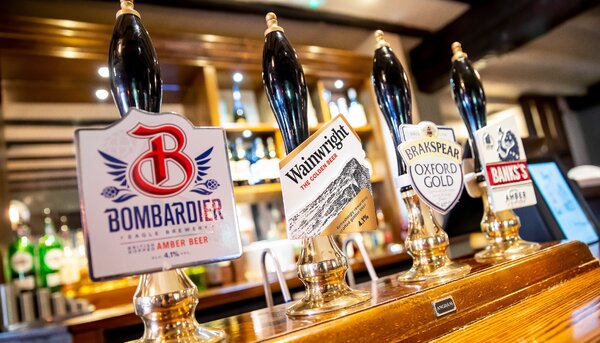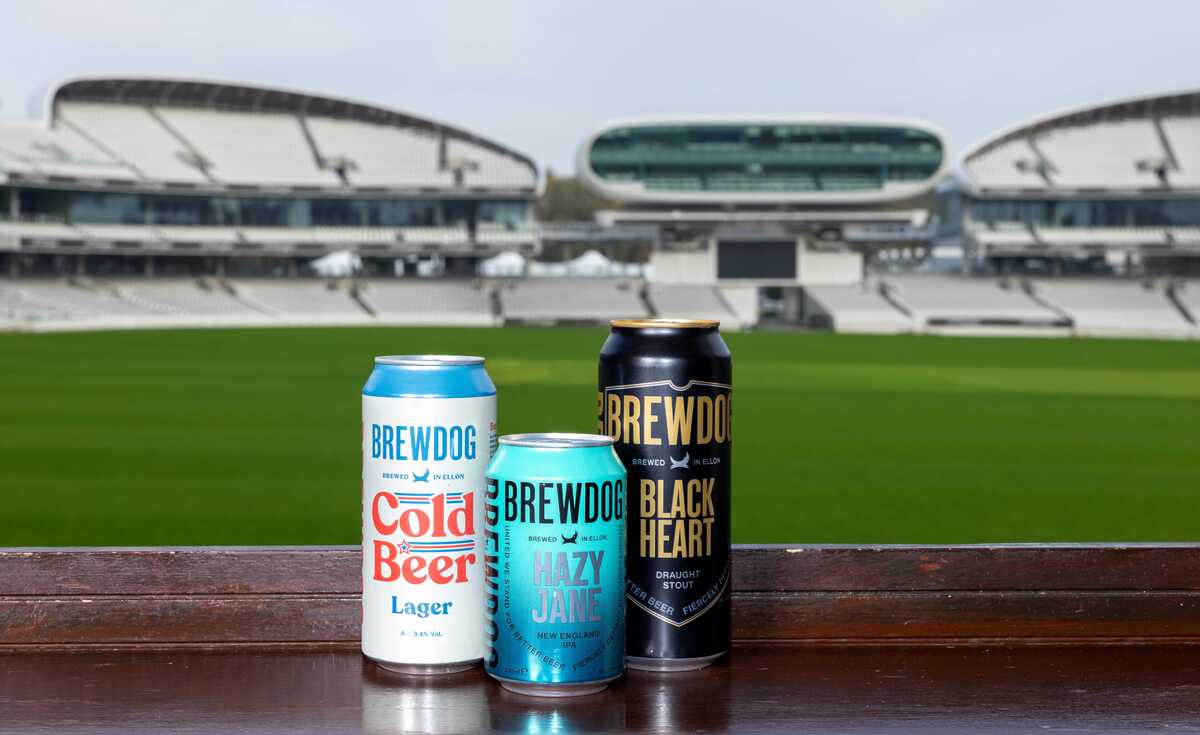Top 100: Ralph Findlay, Marston's
Overall ranking: 20 (16 in 2012)
Pub and bar operator ranking: 5 (3 in 2012)
Snapshot
Ralph Findlay has notched up more than 15 years in the top job at Marston's. Having initially joined as finance director in 1996, he became chief executive in 2001. He has presided over a period of expansion that has taken in brewers Jennings Brothers, Ringwood, Wychwood, Daniel Thwaites and Charles Wells, as well as pub groups Wizard Inns and English Country Inns. Marston's now operates 1,568 managed, franchised and leased pubs, and in the year to 30 September 2017 annual turnover reached £1.01b, with pre-tax profits up 24% year-on-year to £100.3m.
What we think
As a geology graduate, Findlay knows that the layers take a while to build up. He qualified as an accountant in 1988 and worked at Price Waterhouse in London before joining Bass as a treasury manager in 1990. Perhaps the most visible sign of his stewardship of integrated pub and brewing business Marston's remains the change of name from Wolverhampton & Dudley Breweries in 2007.
He has also overseen the acquisition of a series of rival breweries. Alongside Marston's flagship cask ale Pedigree, there is now a portfolio of leading cask brands, including Hobgoblin, Lancaster Bomber, Bombardier, Young's Special and Courage Best. Complementing these is an ever expanding portfolio of keg and bottled beers that appeal to today's craft beer consumer in search of the next hop hit.
In both the managed and tenanted pub estates, strategic acquisitions, such as the Eldridge Pope business in 2007, have expanded and improved the quality of Marston's pubs and expanded its geographical reach. During 2017, the three-strong Pointing Dog pub group was added to Marston's Revere Pubs premium format in an £8m deal, along with a package of pubs from Whitbread. Marston's has also established a successful blueprint for new-builds, developing high-volume, good-value pubs focused on both food and drink, and appealing to destination and community customers.
It must, then, be a source of some frustration to Findlay that the City doesn't quite give him the credit he is due for having led Marston's through a period of significant change for the pub and brewing industry, in the process demonstrating a significant appetite for innovation and expansion. Even so, Marston's share price growth has tended to lag behind that of rival pub operators.
In a recent interview with veteran beer writer Roger Protz, Findlay made it clear that his approach has been far more strategic than a simple list of acquisitions made over a decade or so might suggest.
With pubs proving a more resilient sector than casual dining, it is no surprise that Findlay is passionate about the virtues of the traditional British institution. He says: "Back in 2007 and 2008 it became clear that the way beer was being drunk in pubs was changing fundamentally. Food was increasing and the smoking ban had a big impact on people using pubs. But, we don't forget the pub. The pub has sustainability and the pub is our brand. Our new pub-restaurants must have hand pumps, a fire in winter and an informal atmosphere. They must be pubs."
Further information
Total sales at Marston's up by 4.9% >>
Organic growth and Charles Wells brewing acquisition boosts Marston's >>
Marston's acquires Charles Wells brewing and beer business for £55m >>

















